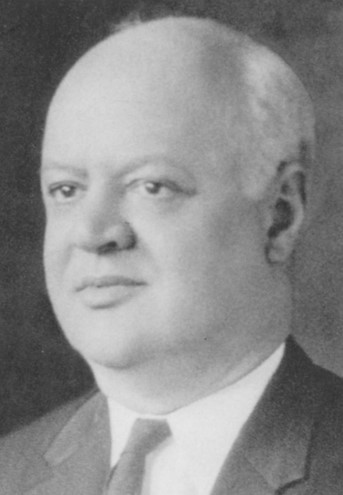533
Louisiana Supreme CourtMiriam Childs
Alexander Pierre Tureaud was born in New Orleans on February 26, 1899. The Plessy v. Ferguson decision had been handed down by the United States Supreme Court in 1896, which meant that Tureaud grew up in a full
Black History Month: A.P. Tureaud – Pioneer Lawyer
previous post



